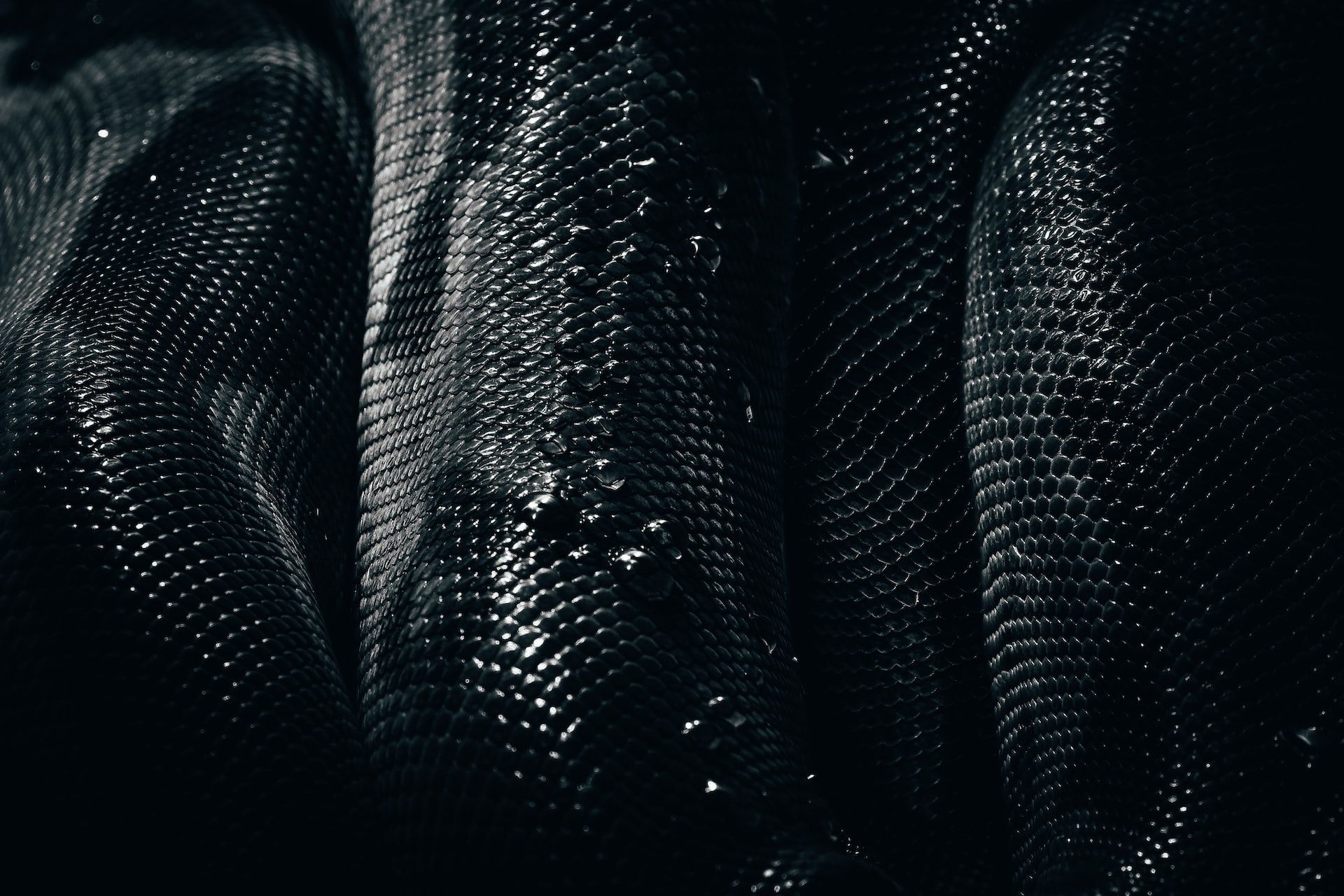Medusa
A little knowledge? Deadly.

Some knowledge isn't just dangerous, it will destroy you.
We know it. It's why from time to time we ban books. Why ChatGPT has the brakes on, so without workarounds it won't give you the instructions for a bomb. Why certain scenes are cut from films, why the first thing they kill in a coup is the internet.
Infohazards are what we call them: knowledge we consider to be volatile. Harmful facts. Contagious, easily spread - in truth they're more like viruses.
Fear of flying is a communicable disease if someone talks you through it in detail; I've watched friends pull one another from 30,000 feet into a spiral, and that's it - they were too scared to fly ever again. The same way TikTok socialises trauma, Walther prompted suicides, a dozen Americans died from the fad of swallowing Tide pods. Knowledge of psychosis is memetic.
Bad advice, too. Follow the wrong forums and they'll have you gorging yourself on raw meat, snorting ivermectin. You might go from asking very reasonable questions about power dynamics and media control... to whole-enchilada Pizzagate. You might stroll around the internet, ignorant of why people write about (((Sarah Silverman))) or craft sentences of 14 words. The answers themselves are an infohazard.
Reason and intelligence are poor defenses... easily defused by superlogic. When it emerged a few years ago, Roko's Basilisk, a thought experiment about AI, was claimed to break minds. Because after all, won't any AI we create take revenge on those who didn't bring it into being? A chain letter for smart people.
In Lovecraft, merely knowing about the old gods would drive you mad. The closest I came was as a child, promised heaven, and getting dizzy thinking too hard about eternity. Lying in bed, I felt like I was falling through time forever, through an afterlife that never ended, infinite spaces beyond imagining (I'm fine now btw, all g).
There are simply more traps now, tangles of information bracken; haunted forests online where at the very least you'll trip over a spoiler for White Lotus, at most you drown in anorexia and self-harm, where outwardly happy teenagers end their lives because they can't scramble free.
We've known for a long time that information is a weapon of war. We'd be mistaken to think it's just propaganda. Modern veterans aren't just returning soldiers, but content moderators, where without the prestige of the military they stare down blietzkrieg, shellshocked by time in the trenches watching endless hate speech, degrading porn and animal abuse. The most snackable nuclear weapon is TikTok. Because like Riva said, you don't need to fight a country if you can just turn their citizens into morons.
...
There are ciphers that can be used to share dangerous knowledge, numeric letter swaps. It is, by design, a time-consuming process, although once very familiar with it, I hear you can eyeball an approximate translation.
But the obvious infohazards aren't the ones that scare me. The most dangerous information hides in plain sight, masquerading as inert.
We underestimate the impact the content we casually consume has on our minds. Before the next binge, consider how every narrative recodes you, just a little, whether reinforcing norms, conditioning you to new ideas, undermining your own ability to see things as they are. It's kind of the point - many of us want to encounter ideas in the wild in order to experience that shift. But whether true or otherwise, positive or manipulative, well-told information recodes us. Stories in particular are dangerous because of their emotional load... things said to us in moments of intensity have the power of hypnotic suggestion.
Some get it: it's why Grant Morrison wrote The Invisibles as a sigil he hoped would awaken the world.
But consider our myths now.
Fantasies that are chaotic and nihilistic; science fiction that shows us future dystopia.
Already hammered by recessions and pandemics, we're in a state of repeated shock; pushed towards atomised lives, perhaps even subconsciously guided by a negative narrative so powerful it simply keeps us passive. We joke about how the next generation won't socialise, won't drink, don't fuck... sometimes would rather be dead. Social media has taught us to hate, so our vision of technology is jaded; Elon acts like an ass so we assume the future has nothing to offer but corruption.
Why bring a child into the world, because what is there to be optimistic about? Our lot is environmental catastrophe and then death. There is no hope on a dying planet.
Embrace common sense and you're taking commands.
Start to doubt yourself, and you realise that what feels like a totally normal thought might instead be a parasite. A toxin.
You try not to look at Medusa, keep closing your eyes. But she's staring right at you.
Altering your mind.
.
.
.
